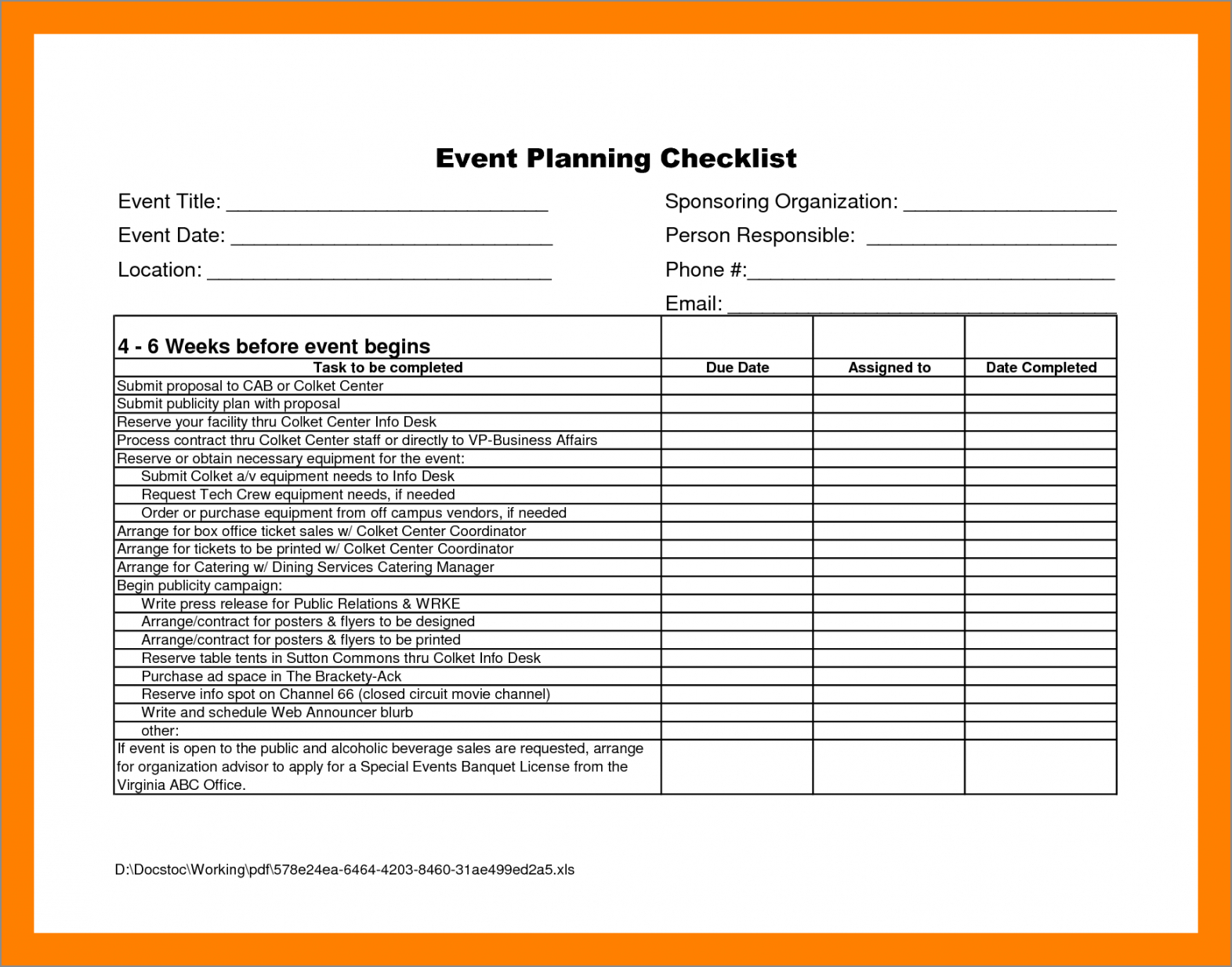Corporate events are a crucial part of any business’s marketing and networking strategy. Whether it’s a conference, trade show, or team-building retreat, planning a successful corporate event requires careful organization and attention to detail. From setting objectives to selecting vendors, numerous tasks need to be completed to ensure a seamless event.
To help you stay on track, we have created the ultimate corporate event planning checklist. Follow these steps, and you’ll be well on your way to hosting a memorable and impactful event.
1. Define the Purpose and Objectives
The first step in planning any corporate event is to clearly define its purpose and objectives. Ask yourself and your team: Why are we hosting this event? What do we hope to achieve? Is it to generate leads, educate attendees, or strengthen client relationships? Once you have a clear understanding of the purpose, you can set specific objectives that will guide your event planning process.
2. Determine the Budget
Before diving into the details of your event, it’s essential to determine the budget. How much can you allocate towards venue, catering, entertainment, and marketing? Be realistic about your financial limitations, and make sure to allocate funds to each aspect of your event accordingly. Keep in mind that unexpected costs may arise, so it’s a good idea to set aside a contingency budget.
3. Choose the Right Venue
The venue plays a crucial role in the success of your corporate event. Consider factors such as location, capacity, layout, and amenities when selecting the right venue. Make sure the venue aligns with the purpose and objectives of your event. If you’re hosting a networking event, choose a venue with ample space for mingling. On the other hand, if you’re hosting a conference, make sure the venue has appropriate audiovisual capabilities.
4. Create a Guest List
Identify the target audience for your event and create a guest list accordingly. Will it be open to the public or limited to specific individuals? Consider whether you want to invite industry experts, potential clients, or employees only. Once you have your guest list, send out invitations well in advance to ensure maximum attendance.
5. Plan the Program and Schedule
Outline the program and schedule for your corporate event. Consider the flow of the event and the duration of each segment. Will you have keynote speakers, panel discussions, or breakout sessions? Make sure to allocate sufficient time for networking and breaks as well. Create a detailed schedule to share with your team and participants.
6. Arrange for Catering and Refreshments
Food and beverages are an essential part of any corporate event. Decide whether you want to offer a full-course meal, buffet, or cocktail-style catering. Consider dietary restrictions and preferences to ensure all attendees are accommodated. Work with a reputable catering company that can provide high-quality food and professional service.
7. Secure Necessary Permits and Licenses
Depending on the nature of your corporate event, you may need to secure permits and licenses. Research local regulations and requirements to ensure compliance. This may include permits for alcohol service, music licensing, or occupancy permits. Start the application process well in advance to avoid any last-minute issues.
8. Promote and Market Your Event
No corporate event is complete without proper promotion and marketing. Create a comprehensive marketing plan that includes online and offline channels. Utilize social media platforms, email marketing, and targeted ads to generate buzz and attract attendees. Consider partnering with industry influencers or media outlets for added exposure.
9. Set Up Registration and Ticketing
If your event requires registration or ticketing, set up an efficient system for attendees to sign up and purchase tickets. Utilize online platforms that offer features such as customizable registration forms, payment processing, and attendee tracking. Make sure to test the registration process to ensure a seamless user experience.
10. Coordinate with Vendors and Suppliers
Depending on the scale of your corporate event, you may need to work with various vendors and suppliers. This includes audiovisual equipment providers, decorators, photographers, and transportation services. Research and select reliable vendors who can deliver high-quality services within your budget. Communicate your requirements clearly to avoid any misunderstandings.
11. Prepare Event Materials and Signage
Create and print event materials such as programs, name badges, and signage. Make sure the design and branding align with your company’s visual identity. Double-check all the details and proofread for any errors. Arrange for the materials to be delivered to the venue ahead of time.
12. Rehearse and Finalize Event Logistics
As the event date approaches, conduct a rehearsal to ensure everything runs smoothly. This includes testing audiovisual equipment, rehearsing presentations, and running through the schedule with your team. Finalize all event logistics, such as transportation arrangements, parking options, and security measures.
13. Follow Up and Evaluate
After the event, follow up with attendees and stakeholders to gather feedback. Send out surveys or conduct interviews to evaluate the success of the event and identify areas for improvement. Use this feedback to inform your future event planning efforts and make necessary adjustments.
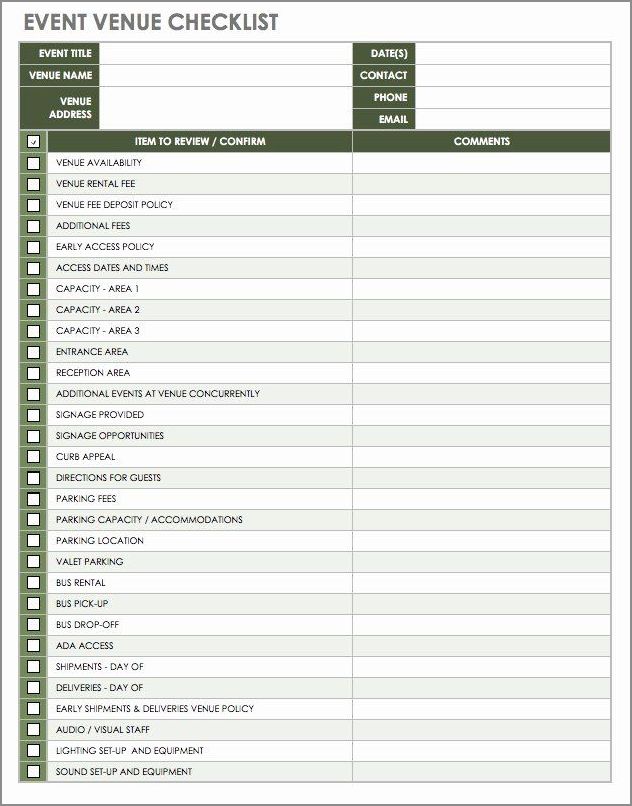
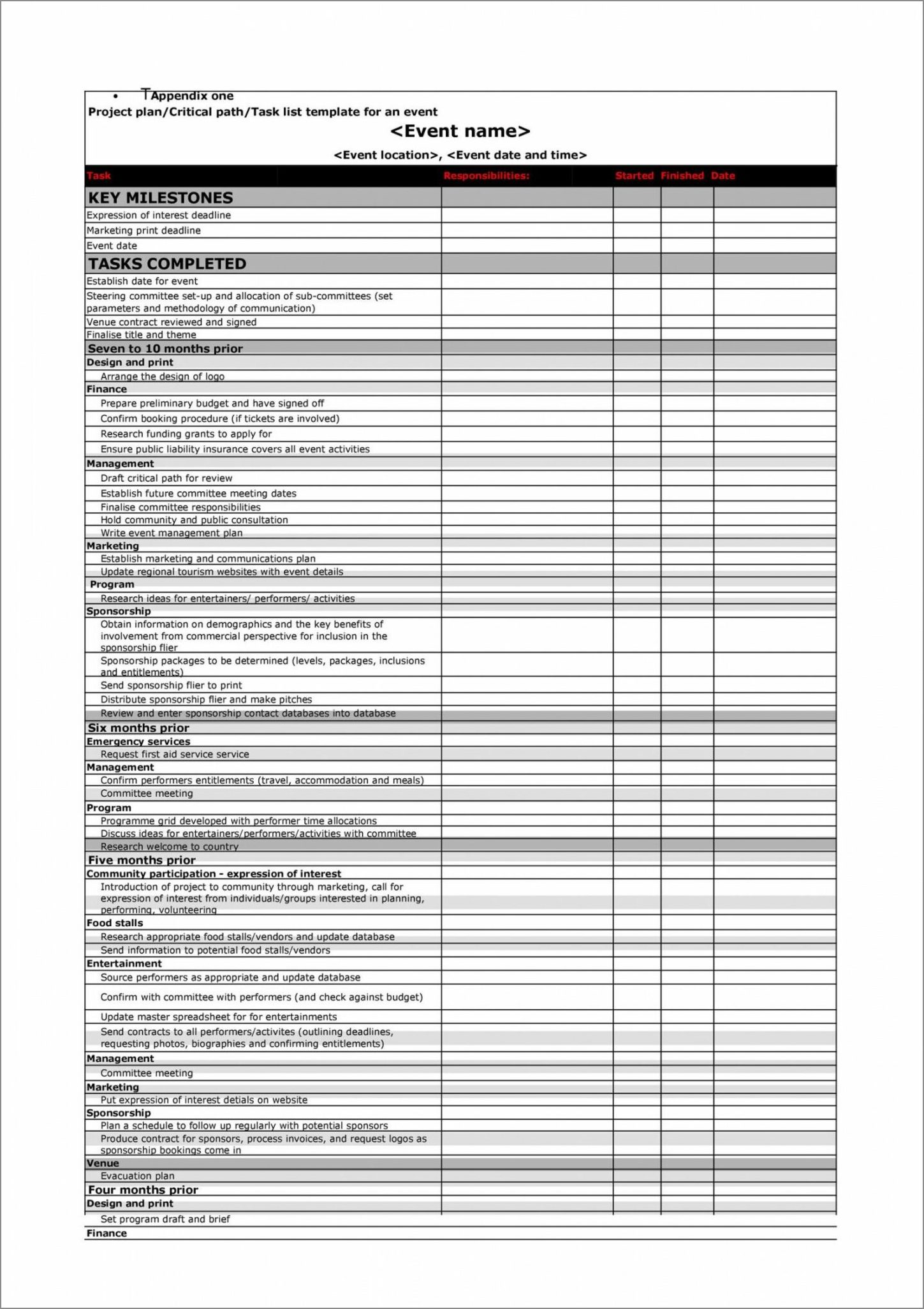
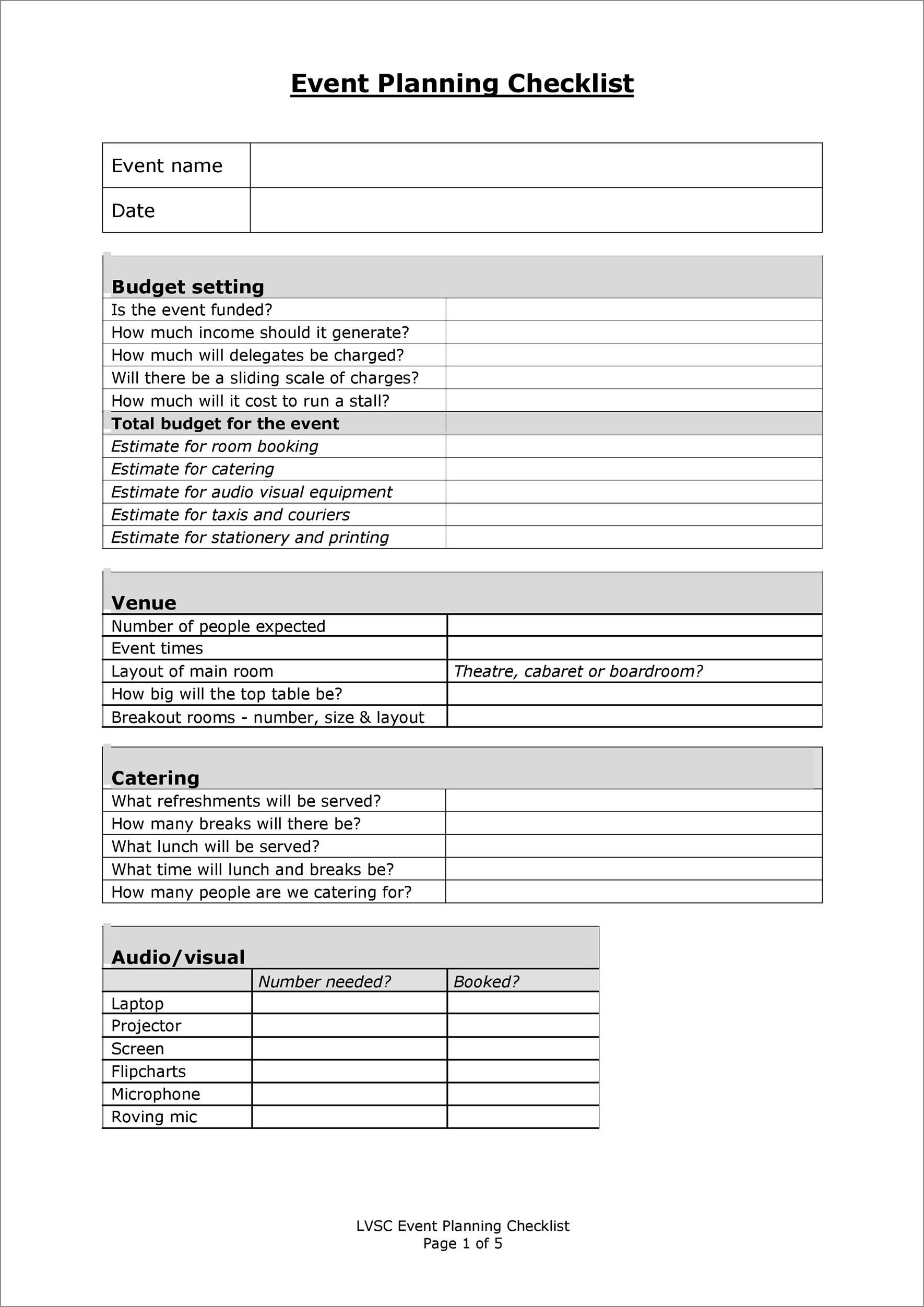
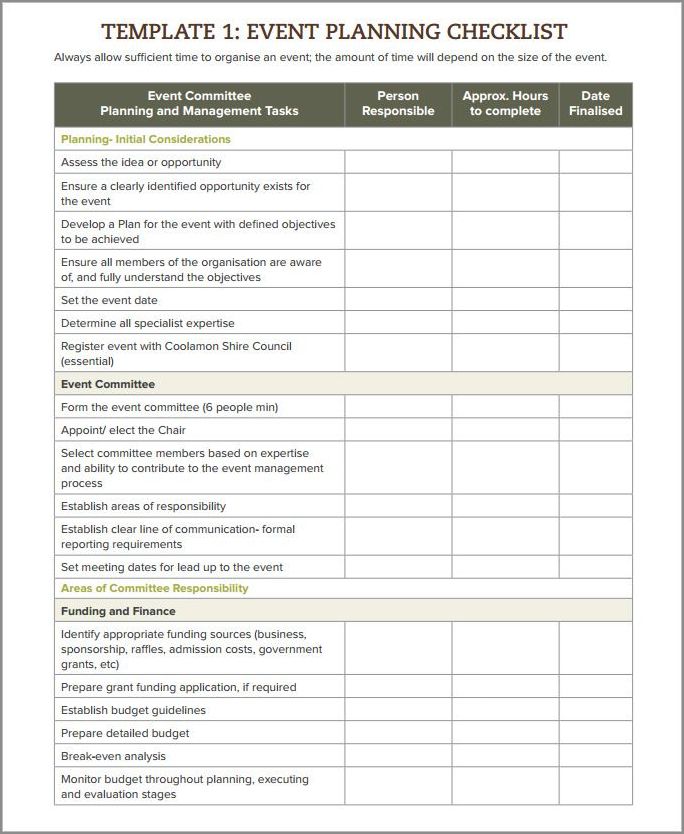
Conclusion
Planning a corporate event can be a complex and time-consuming task, but with the right checklist, you can ensure a successful outcome. By following these steps and staying organized throughout the planning process, you’ll be able to create a memorable experience for your attendees and achieve your event objectives. Remember to pay attention to every detail, from defining the purpose to evaluating the success of the event, to ensure the event is a resounding success.
Corporate Event Planning Checklist Template Word – Download
